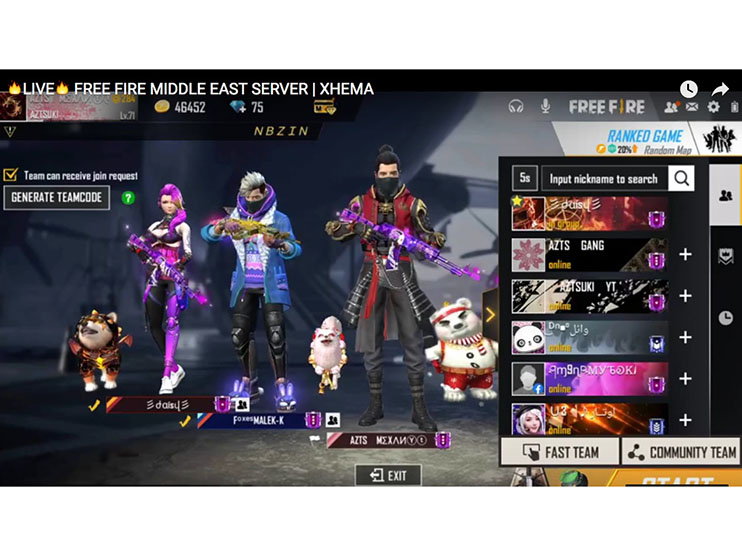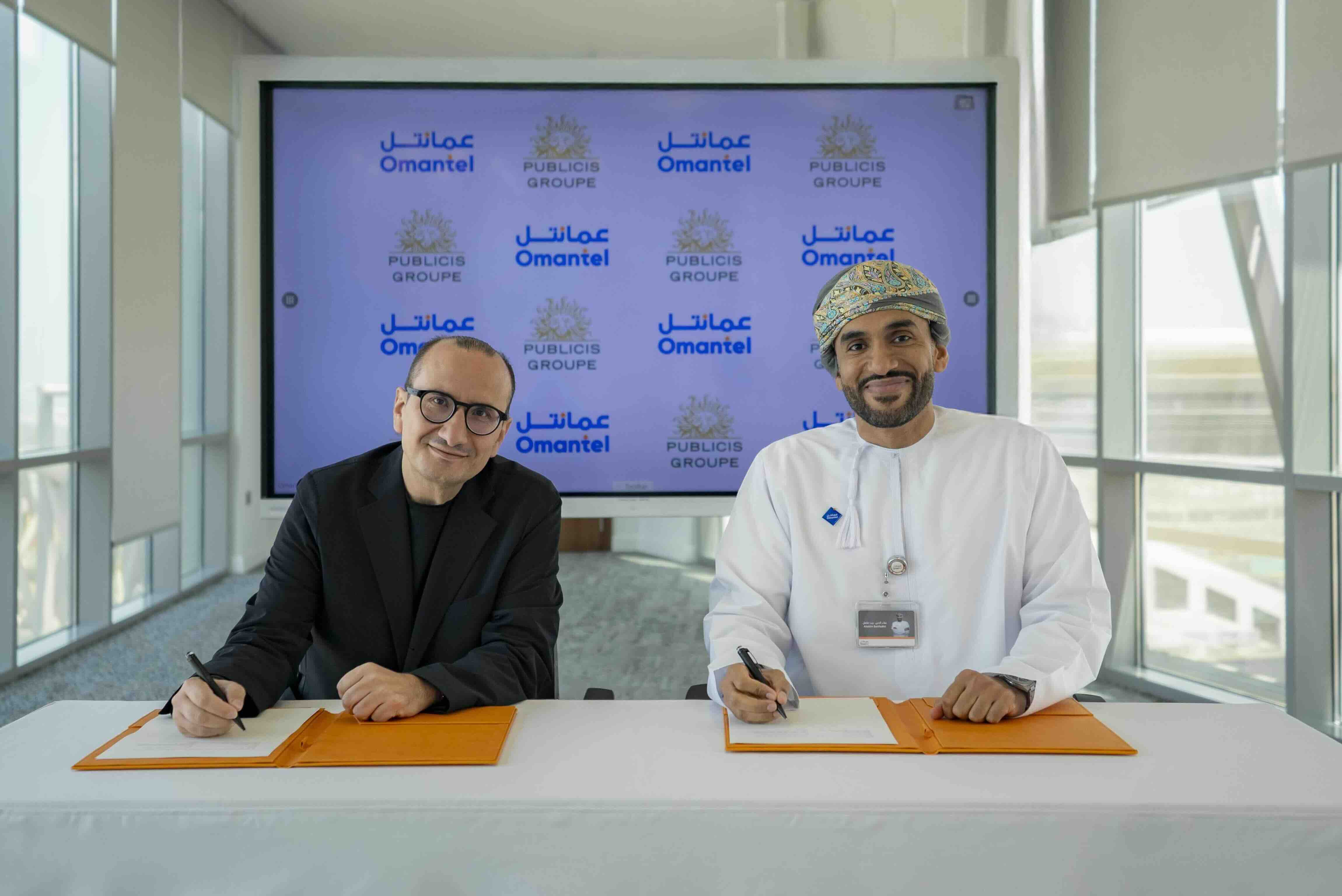News - Digital/Tech
What’s in store for the Middle East gaming industry?
April 20, 2021
.jpg) Advertisement
AdvertisementThe number of Middle East gamers is believed to be over 100 million and the gaming industry in the MENA region is estimated to be worth $4.5bn according to a recent report by leading consultant firm Frost and Sullivan. The video gaming industry is proving to be an exciting opportunity for telecom operators who can tap into this rapidly growing market and diversify their business using their existing capabilities.
“While the Middle East is a relatively new market, the region is very switched on when it comes to the gaming and e-sports industry as the potential is huge, especially in terms of ROI. Many brands such as Intel, Microsoft and Sony PlayStation are focusing at the GCC market, especially KSA and the UAE, as there is a substantially large appetite for investment in the sector”, said Nicolas Rubeiz, a Senior Consultant for the Gaming industry in the GCC.
It’s no secret that video games are a global cultural tour-de-force. For instance, one of the world’s most popular games Fortnite amassed an audience of 125 million players and netted $1.2 billion globally in its first 10 months after its launch in 2018. It reportedly made $2 million a day from players on Apple Inc.'s (AAPL) iOS.
A recent study states that the GCC will account for 1.5 percent of the gaming revenue generated globally by 2025. The sector is believed to grow by 22.5 percent in the next five years.
As of 2020, Saudi Arabia ranked 19th in gaming revenue generated globally with an estimated payment of $837m and the UAE ranked 35th globally on the most extensive gaming market list with an overall yearly revenue of $344m.
According to many e-sports and gaming experts, gamers in the GCC spend an average of 30 minutes on their phones, playing games every day. Revenues generated by the gaming industry are more extensive than album sales, music streaming, and box offices combined.
This stems from the fact that half of the GCC residents are under 25 years of age. This segment of the population is turning to gaming, not only to release stress but to connect with other people online.
To tap into this potential does however requires substantial investment in infrastructure – both virtual and physical, a fact not lost on regional policymakers and investors. Existing and planned facilities put the GCC at the center of this multi-billion-dollar industry.
In Saudi Arabia, the upcoming $500bn hi-tech city of NEOM will have a dedicated gaming/esports facilities, after the developer signed a memorandum of understanding with the Saudi Arabian Federation of Electronic and Intellectual Sports (SAFEIS).
In Dubai, the TECOM Group plans to put up the Dubai X-Stadium, a dedicated e-sports venue it hopes will establish the emirate as a regional and global hub for hosting gaming events. Technical details have not been released, but renders envisage a futuristic stadium shaped like a giant overturned cone, connected by arcades catering to the wider ecosystem.
In September 2020, ‘The Arcade by Hub Zero’ opened its doors in the Al Khawaneej area of Dubai. The venue offers a variety of over 50 games to choose from, spanning artificial intelligence, virtual reality and motion capture genres.
Going forward the roll-out of state-of-the-art infrastructure in fiber and 5G from telecom operators is expected to guarantee high-speed experience and low latency-a vital factor for gamers, which will further attract them and e-sports activities, such as competition hosting.
The future is very exciting for the MENA region’s gaming industry as the plan is to now make gaming content much more relevant to the GCC players. This would mean Arabizing games or adapting images and the story line to GCC culture. This could be highly beneficial as many international players are tapping into this very exciting market with extremely high potential.




.jpg)









